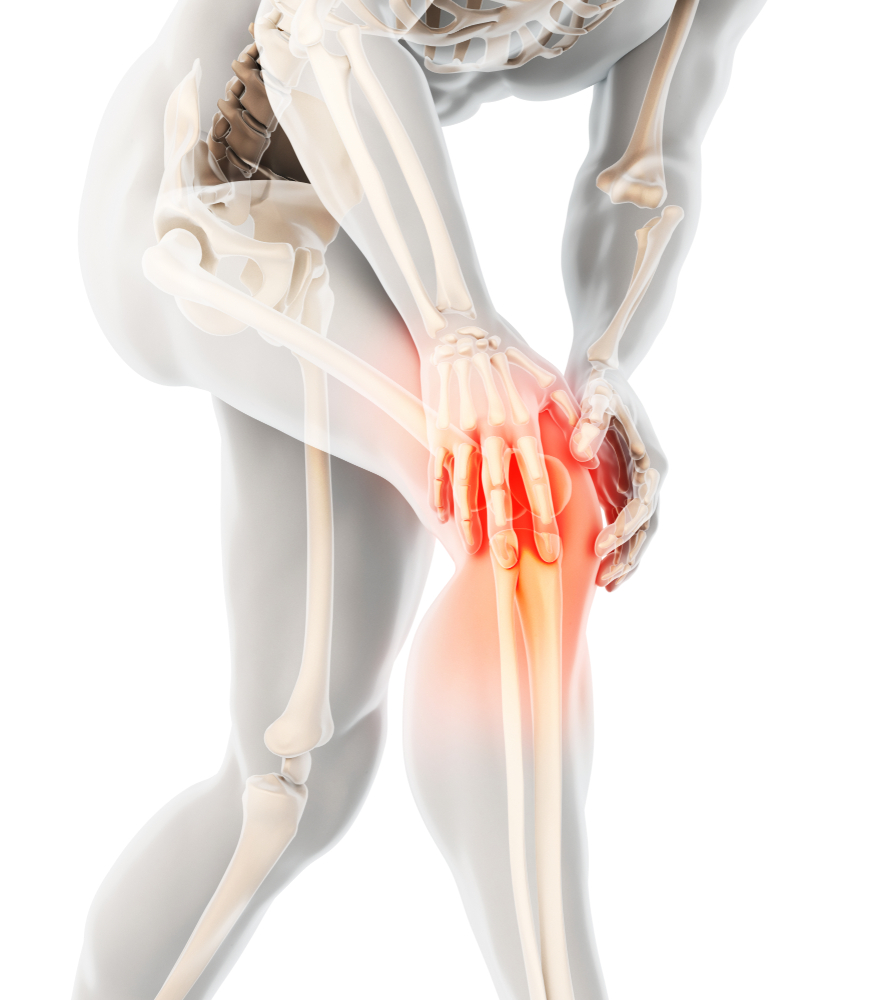Effective Approaches to Preserving Cognitive Sharpness Throughout Aging
Discover comprehensive strategies for maintaining cognitive health as you age. From lifelong learning and social engagement to mindfulness and brain-training exercises, this guide offers effective methods to preserve mental sharpness and prevent cognitive decline. Embrace these proactive habits to enjoy a vibrant, healthy mind in later years.

Effective Approaches to Preserving Cognitive Sharpness Throughout Aging
As individuals grow older, they experience natural physiological and psychological changes that can impact their overall mental and physical health. One common concern among aging populations is the gradual decline in cognitive functions such as memory, concentration, and problem-solving abilities. This age-related cognitive decline can sometimes progress to more serious conditions like Alzheimer’s disease and various forms of dementia, posing significant challenges to independence and quality of life. However, research indicates that adopting specific lifestyle habits and engaging in targeted mental exercises can significantly reduce the risk of cognitive deterioration. Maintaining an active and stimulating lifestyle helps preserve brain function, improve mental resilience, and promote longevity of mental agility.
Commit to Lifelong Learning and Skill Acquisition
One of the most effective strategies for maintaining mental acuity is continuous learning. Engaging in new intellectual pursuits, such as learning a new language, mastering a musical instrument, or exploring complex hobbies, can stimulate neural pathways and promote neuroplasticity—the brain’s ability to reorganize itself by forming new neural connections. For example, studies show that bilingual individuals tend to have a lower risk of cognitive decline, thanks to the constant mental juggling involved in language switching. Likewise, musicianship enhances fine motor skills and auditory processing, which benefits cognitive functions overall. Embracing lifelong education not only keeps the mind active but also provides a sense of purpose and accomplishment that contributes positively to mental health.
Practice Mindfulness and Engage in Artistic Activities
In addition to cognitive activities, practices such as meditation and playing musical instruments can offer significant cognitive benefits. Meditation has been linked to reduced stress levels, improved focus, and enhanced memory retention. Regular mindfulness exercises foster emotional regulation and decrease anxiety, which can otherwise negatively influence cognitive performance. Playing an instrument or engaging in other artistic pursuits like painting or dancing stimulates multiple brain regions responsible for coordination, spatial awareness, and emotional expression. These activities promote neural connectivity and foster a calm, centered mind that better withstands the effects of aging.
Foster Social Connections and Communication Skills
Social interaction is a critical factor in maintaining mental vitality. Participating in conversations, group discussions, or community activities encourages active listening, verbal expression, and critical thinking. Engaging in debates or public speaking scenarios challenges individuals to formulate ideas, recall information, and adapt responses swiftly, which helps keep the brain engaged and agile. Strong social networks are associated with a lower incidence of cognitive decline because socializing involves complex cognitive processes that exercise various parts of the brain simultaneously. Furthermore, staying socially active reduces feelings of loneliness and depression, both of which are linked to decreased cognitive health in older adults.
Leverage Memory Techniques and Cognitive Games
Memory enhancement is another vital component of cognitive preservation. Mnemonic devices, visualization techniques, and association methods make complex information easier to recall. Incorporating these strategies into daily routines can help improve memory retention and reduce forgetfulness. Additionally, playing brain-training games like puzzles, Sudoku, or online mental challenges provides stimulating activities that target specific cognitive skills such as reasoning, pattern recognition, and problem-solving. These games also promote neuroplasticity and can be easily integrated into daily life for seniors and younger individuals alike. Regular mental workouts bolster confidence and create a resilient brain capable of handling cognitive challenges effectively.
Adopt a Holistic Approach to Brain Health
Ultimately, preserving cognitive function requires a comprehensive approach that combines physical health, mental stimulation, emotional well-being, and social engagement. Maintaining a balanced diet rich in antioxidants, omega-3 fatty acids, and vitamins supports brain cell health. Regular physical activity boosts blood flow to the brain, fostering neural growth. Adequate sleep rejuvenates neural pathways and consolidates memories. Avoiding excessive alcohol consumption and smoking also protects cognitive reserves. When these elements are combined with mental exercises and social involvement, individuals can significantly enhance their quality of life as they age, warding off cognitive decline and enjoying mental clarity long into their later years.
In summary, actively engaging in challenging mental activities, fostering social bonds, practicing mindfulness, and adopting healthy lifestyle habits are key to ensuring a sharp, resilient mind throughout the aging process. Proactive measures empower individuals to maintain mental agility, preserve memory, and enjoy a vibrant, fulfilling life irrespective of age.





